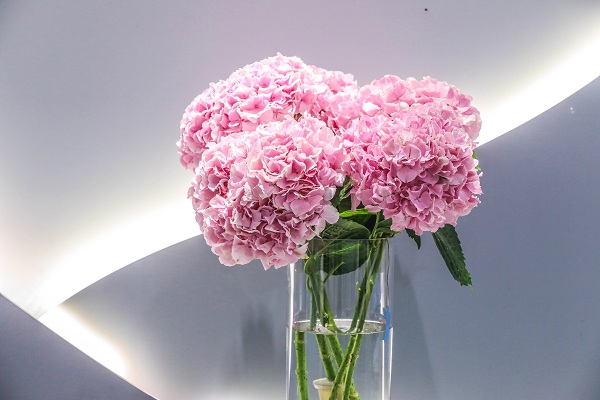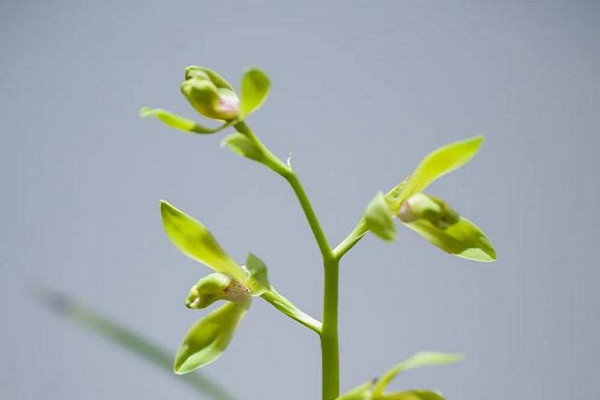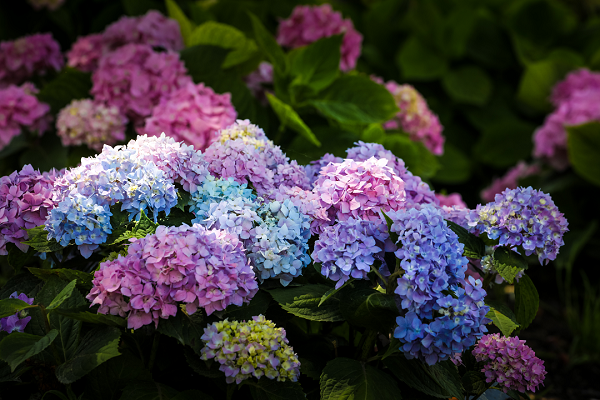The "spirit of a craftsman" is a rare and invaluable commodity in modern society where manufacturing is highly advanced, and mind-numbing, fast-paced finicky work erodes the spark of innovation and creativity.
Every worker seems to be replaceable, for they are just a cogs in a wheel, and it is only those with persistence, creativity and innovation - attributes that define the essence of a craftsman - that are praised as invaluable spirits in a machine-dominated world.
Wei Dingfeng, a succulent plant expert at Chenshan Botanical Garden in the Songjiang district of Shanghai, was recently listed among the first collection of "Shanghai Craftsman", for his persistence and achievements in the less-esteemed world of plant cultivation.
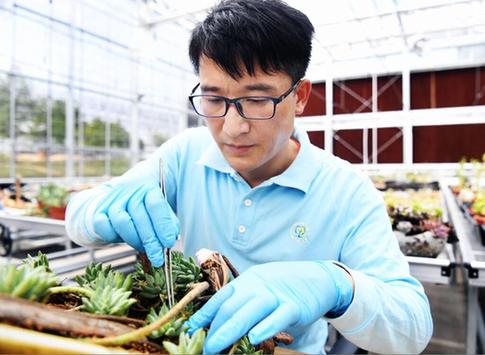 |
Wei Dingfeng checks the root of a succulent plant at Chenshan Botanical Garden. [Photo/sheshantravel.gov.cn] |
The 40-year old, estranges himself from the madding crowds of the city, sticking to a strict seven-to-ten schedule, taking care of the plants at Chenshan Botanical Garden.
He attends to every trivial chore, from seeding to basin changes, in nurturing the plants. In his own words, he begins every day by checking and recording the growth of each plant. If he were not up-to-date with the latest information, he would not feel at ease.
From his eyes, plants have their own emotions. Like humans, they can be happy or melancholy, but they cannot express themselves when they are sick. So a botanist is like a babysitter, requiring extra patience and a caring nature.
From machinist to gardener: the high cost of his dream
Wei first started to work as a machinist in his hometown in Anhui province in 1999.
He was poised to inherit his father's workshop, which would have provided him a considerable income. Instead, he went to Shanghai to work for a humble salary as a gardener for a landscaping company in 2000.
Despite his father's unforgiving anger, his mother's worry and his wife's disappointment, Wei walked alone toward his dream.
Wei explained that the ice-cold machines couldn't trigger any spark in his heart. It was a blessing to touch the soil and observe the whole process of a seed growing to maturity, he added.
Considered tiresome and dirty work by others, Wei sought the cultivation of plants while attending paid training classes after work for self-improvement.
His persistent efforts have paved the way for his career, earning him the honor of being appointed as an official botanist for the 2010 Shanghai Expo. In the same year, he received an invitation from Chenshan Botanical Garden, where he cultivated plant species for the construction of the current greenhouses at Chenshan.
Self-improvement to become a guardian of plants
Without enough professional training or educational degrees, Wei was always eager to enrich his knowledge.
For his favorite succulent plants, he hoped to find relevant textbooks. But most books on the subject are written in English with Latin annotations, only a few have been translated to Chinese. He attended more language courses to study these textbooks.
In 2011, Wei was recruited by the Chenshan Plant Science Research Center.
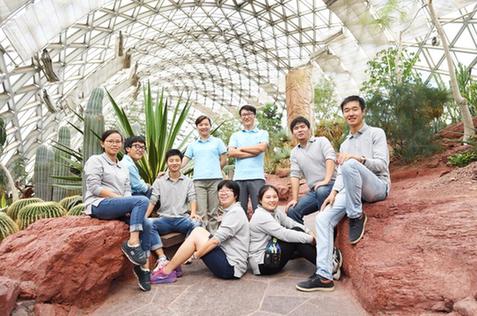 |
Wei Dingfeng and his team pose for a photo at the greenhouse at Chenshan Botanical Garden. [Photo/sheshantravel.gov.cn] |
Wei passed ten national professional exams, and took first place in a plant identification skill competition in Shanghai in 2013.
During these years, he successfully cultivated seven new types of Agave Americana through hybridization, breaking the long-held belief that only one type of Agave Americana could grow outdoors in Shanghai.
In 2014, Wei travelled to several provinces in order to introduce some 300 precious species of succulent plants to Chenshan.
With his beloved plants and a reunion with his family
Since 2000, Wei has returned to his home province of Anhui less than ten times.
He couldn't bear to leave his plants for too long, and becomes anxious when not informed of their status. Wherever his beloved plants are, that is where he chooses to call home.
As he has grown more knowledgeable in plant cultivation, the more prudent and modest Wei has become.
He expresses his worry that in China the cultivation of succulent plants lacks standards, professional researchers, practical experience and theories.
"I have tried to join hands with counterparts in other provinces, but the lack of operative rules or written regulations leads to vicious competition, especially under regional protectionism."
The dilemma of the retirement of senior experts and the temporary shortage of a young generation of horticulturist also worries him.
And he will continue to play his role in his field of expertise.
He has since reunited with his family in Shanghai, and is determined to explore the world with his children, both at home and in the botanical garden.
For him, the delicate plants are also his children.
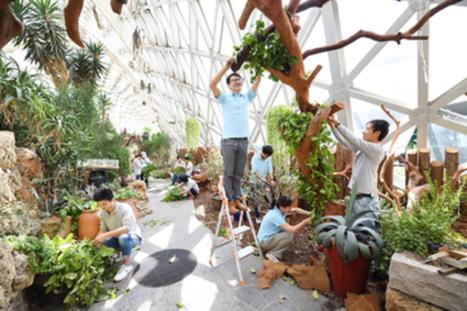 |
Wei Dingfeng and his team trim the plants in the greenhouse of Chenshan Botanical Garden. [Photo/sheshantravel.gov.cn] |
He expressed that the work of his team could fill the void in China's succulent plant cultivation, which is a testament that in this age of modern society the spirit of craftsmanship is not dead.
